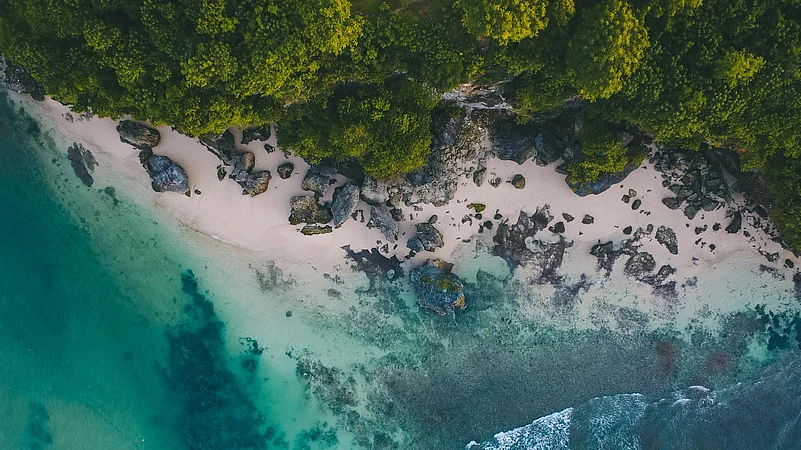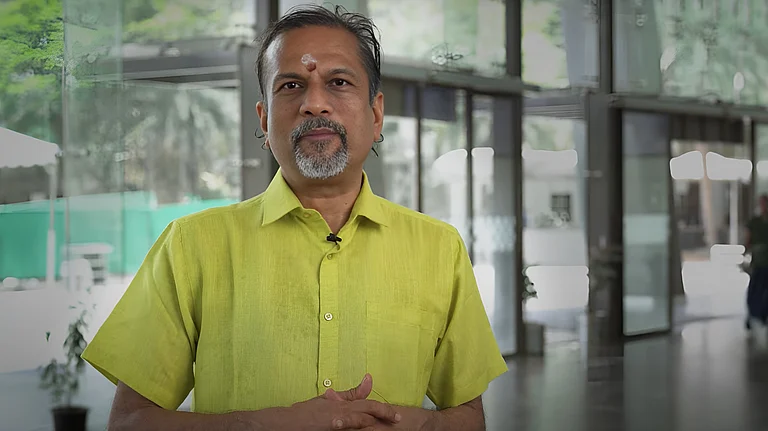A 24-year-old American named Mykhail Viktorovych Polyakov briefly set foot on North Sentinel Island on the morning of March 29. leaving behind a coconut and two cans of Diet Coke. The island, home to one of the last uncontacted Sentinelese tribe, is off-limits under Indian law.
Polyakov’s visit was captured on a GoPro camera found in his possession after his arrest on March 31 by the Crime Investigation Department (CID) in the Andaman and Nicobar Islands, according to TOI. Authorities reviewed the footage confirmed that Polyakov landed on the island’s northeastern edge, left the offerings, collected sand samples and blew a whistle in an attempt to attract attention, before departing the area after about an hour offshore. He was arrested two days later.
Polyakov is not the first person to breach the rules on this remote island in India’s Andaman archipelago and his trespassing has once again raised concerns. This incident has resurfaced the question why the North Sentinel Island is off-limits.
Isolated for a Reason
North Sintel Island—a 50 sq km forested landmass in the Andaman and Nicobar archipelago— is one of the most restricted zones on Earth , both legally and for vital health reasons.
The Sentinelese have lived in near total-isolated for about 60,000 years, mostly untouched by the diseases that have affected majority of other populace. They have not developed immunity to commo diseases like the measles or the flu. Exposure to minor infections could prove fatal to them.
Anthropologists say the Sentinelese are among the last surviving direct descendants of the first human populations to migrate out of Arica into Asia about 20,000 and 40,000 years ago, as per a report by TOI. History shows the impact of outside contact. According to TOI, the 1880 British expedition landed on a negative note where the kidnapped islanders fell ill and later died in Port Blair.
According to reports, even a common cold carried by a visitor could trigger a deadly outbreak and wipe out the entire Sentinelese community. The Andaman and Nicobar Islands Protection of Aboriginal Tribes Regulation of 1956 enforced a no-contact rule, prohibiting outsiders from coming within five nautical miles of the island.
The Sentinelese have also fended off external contact time and again. Reports say that they react swiftly and aggressively to anyone approaching from outside. However, their hostility is not violent or without reason.
































